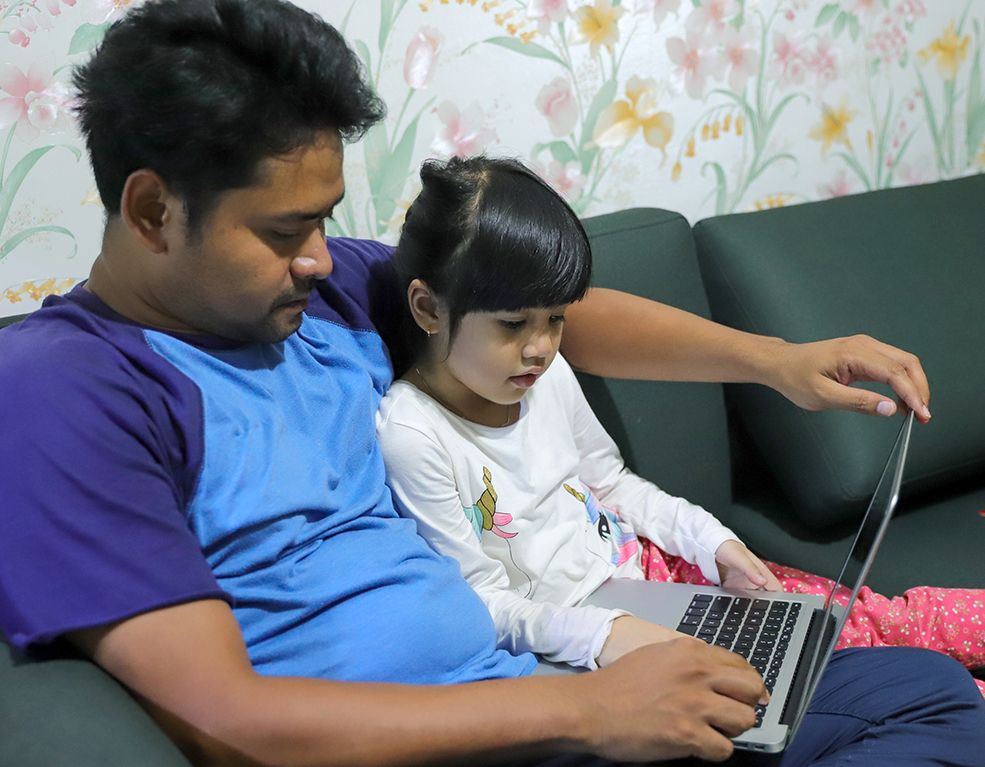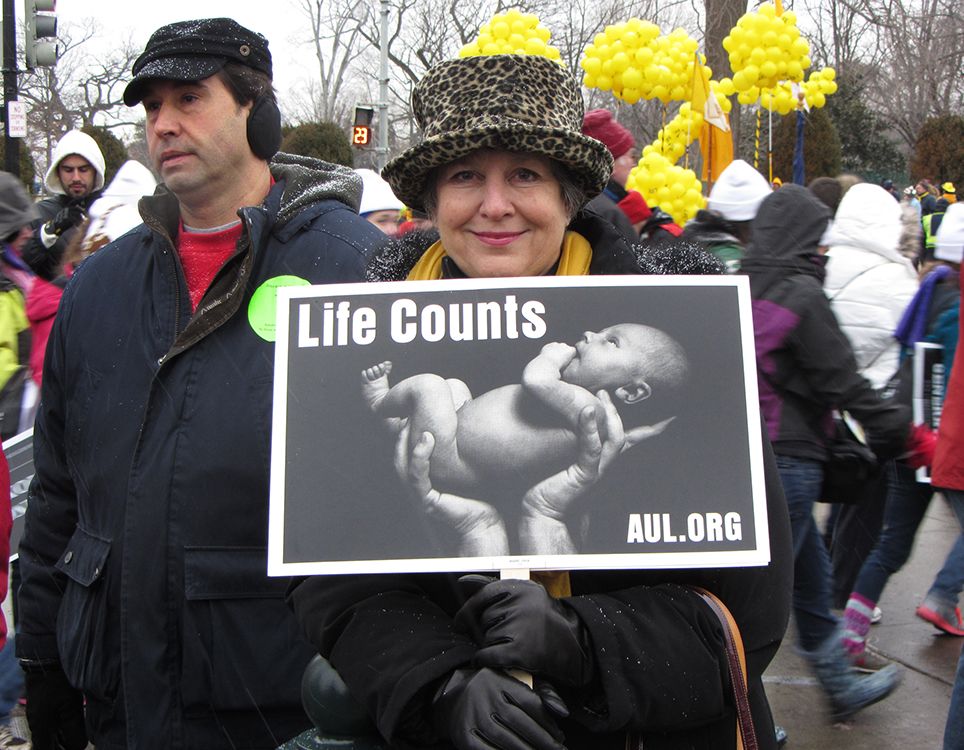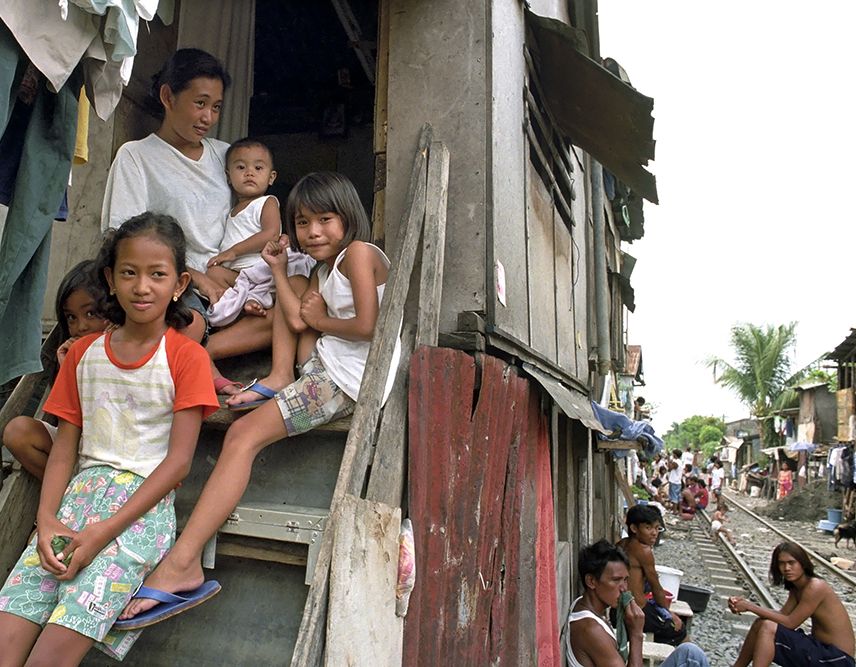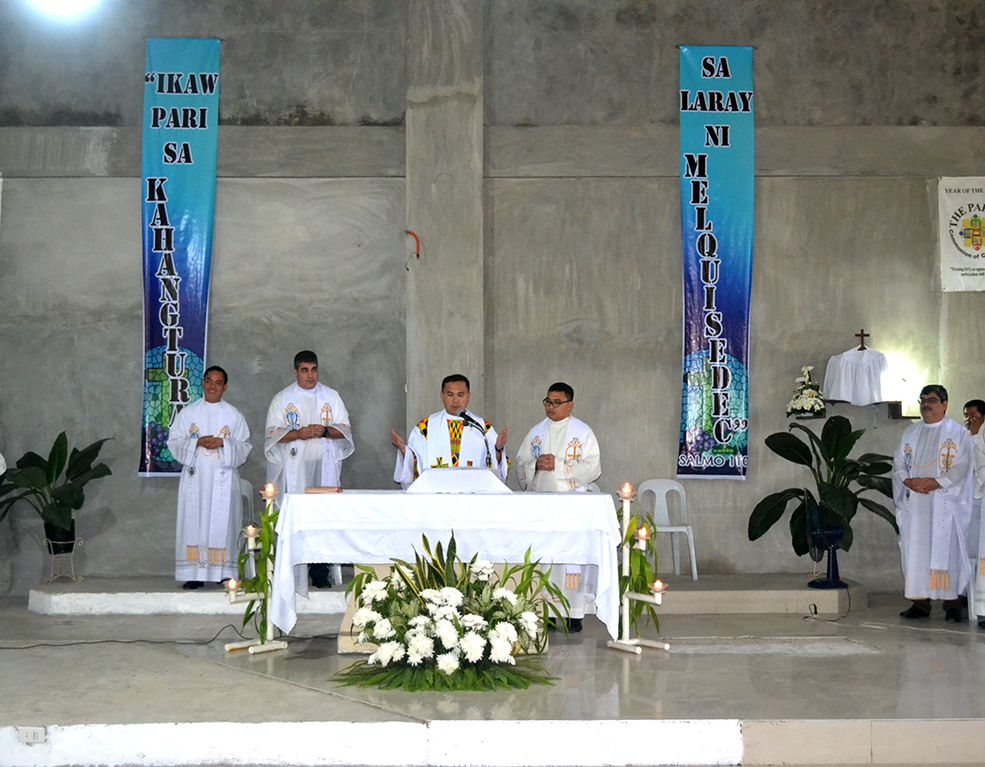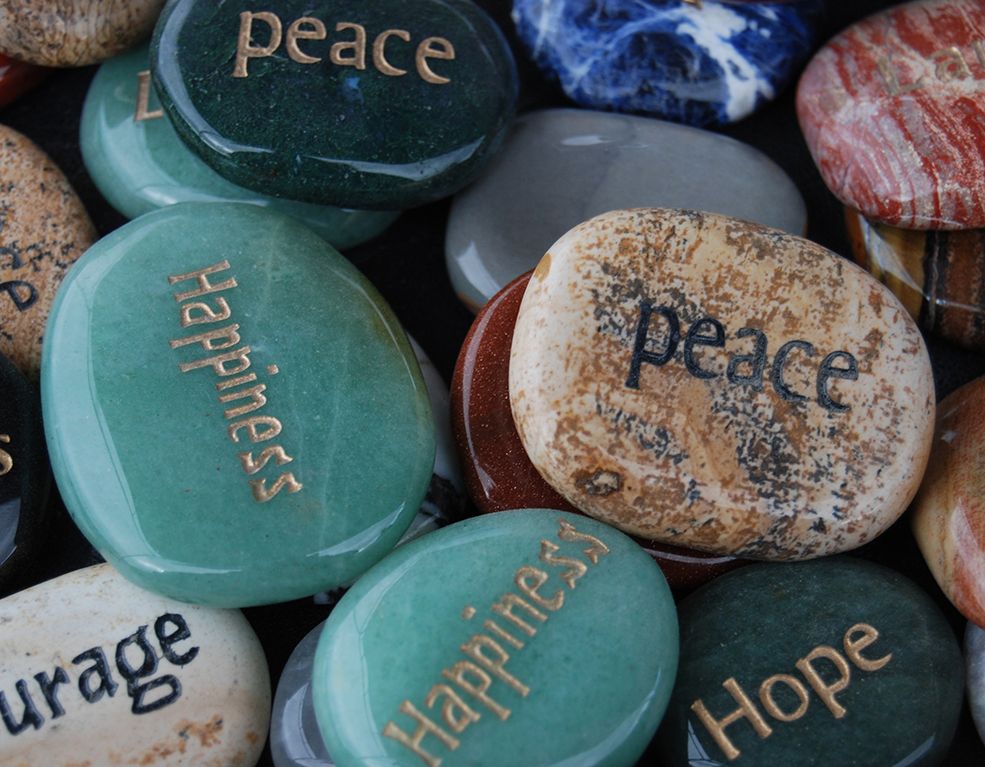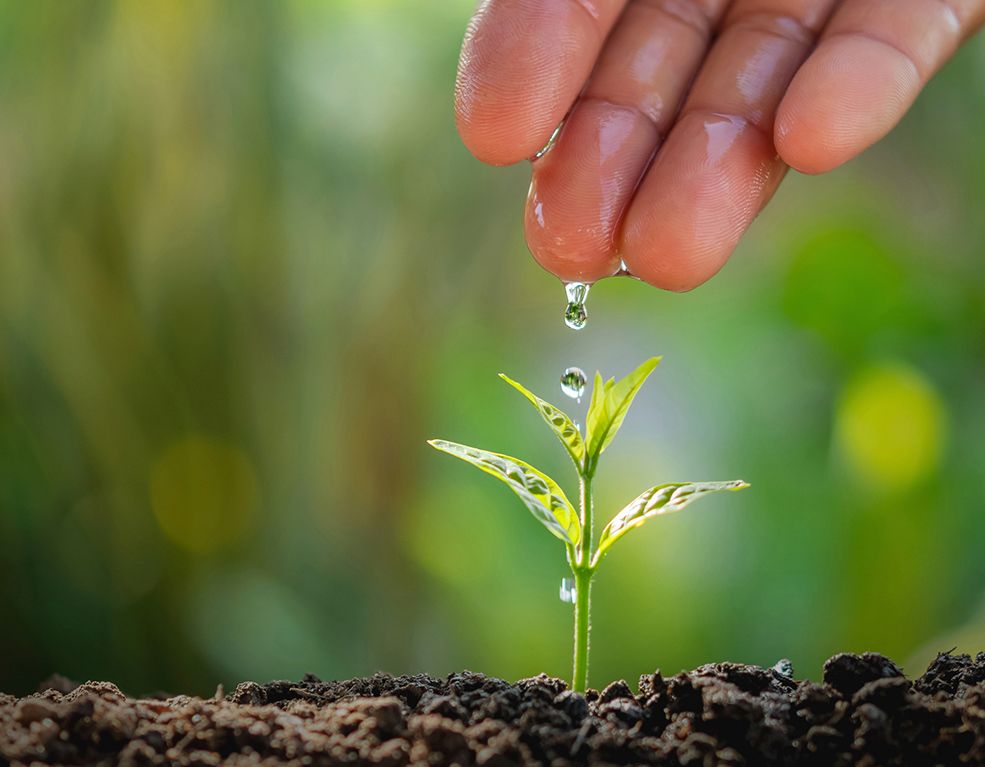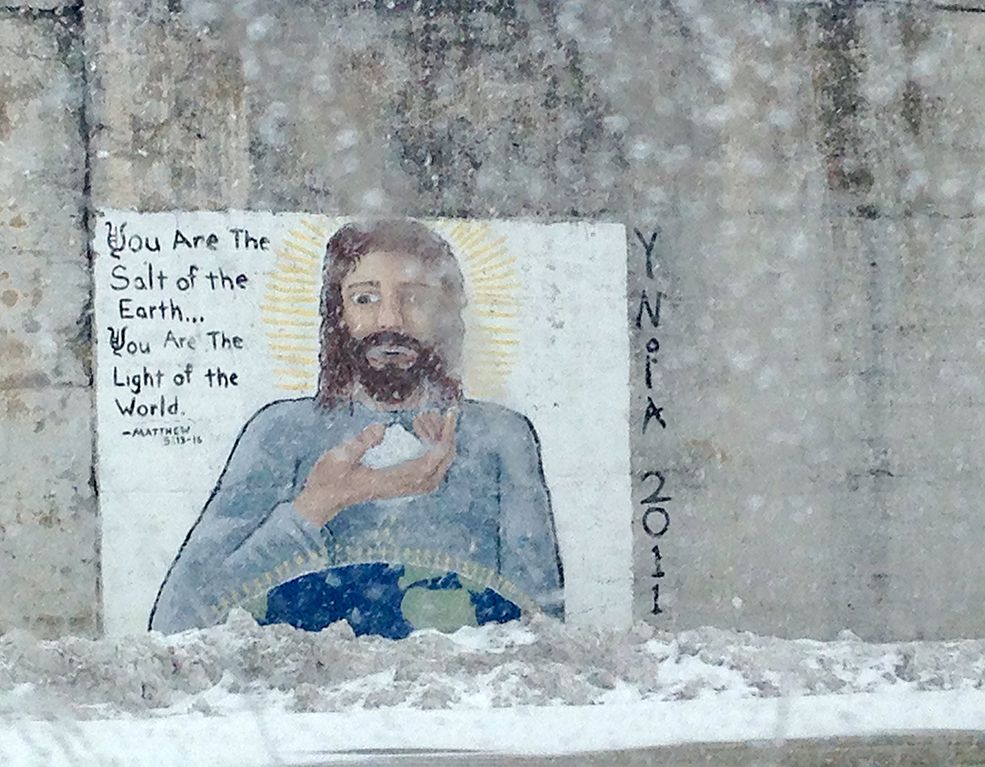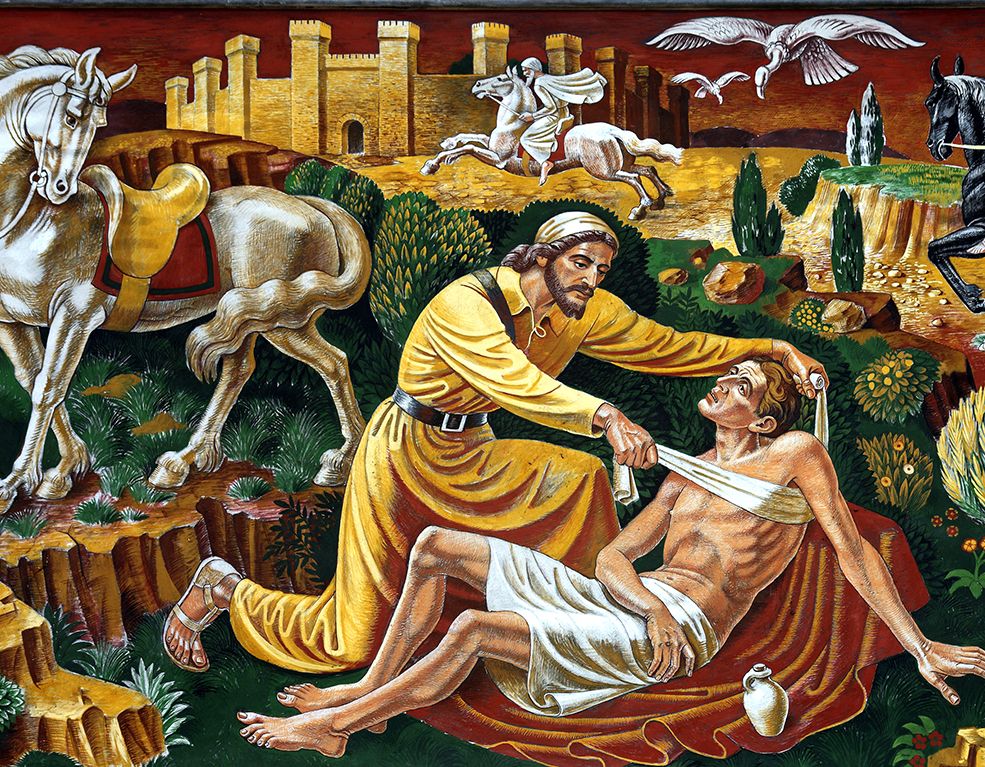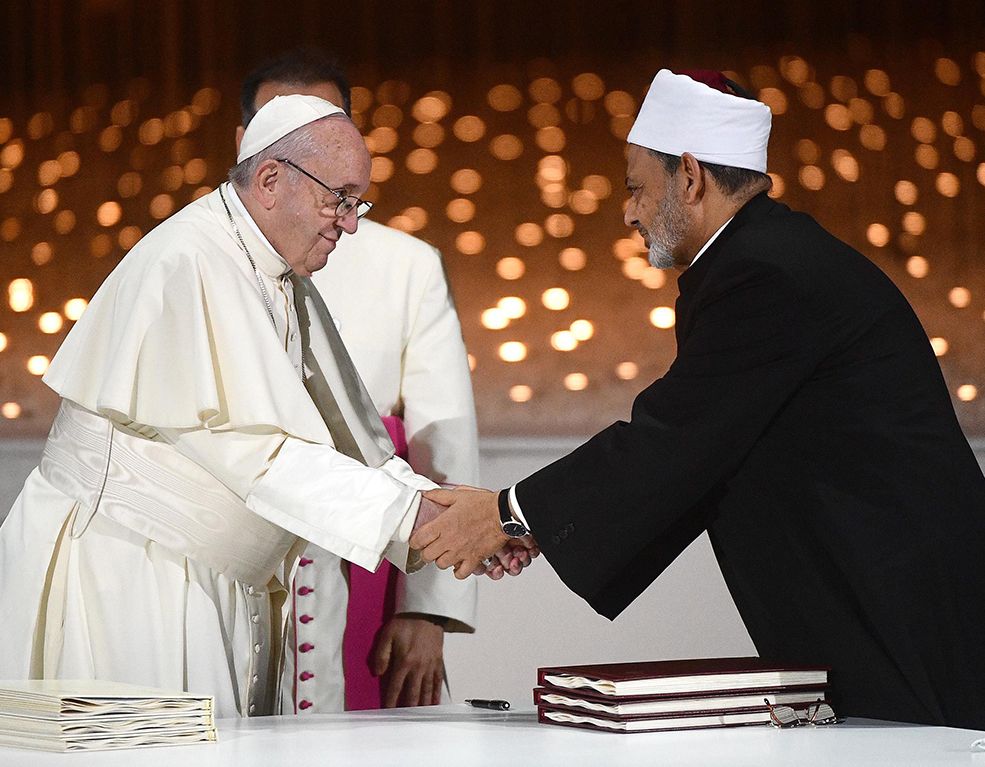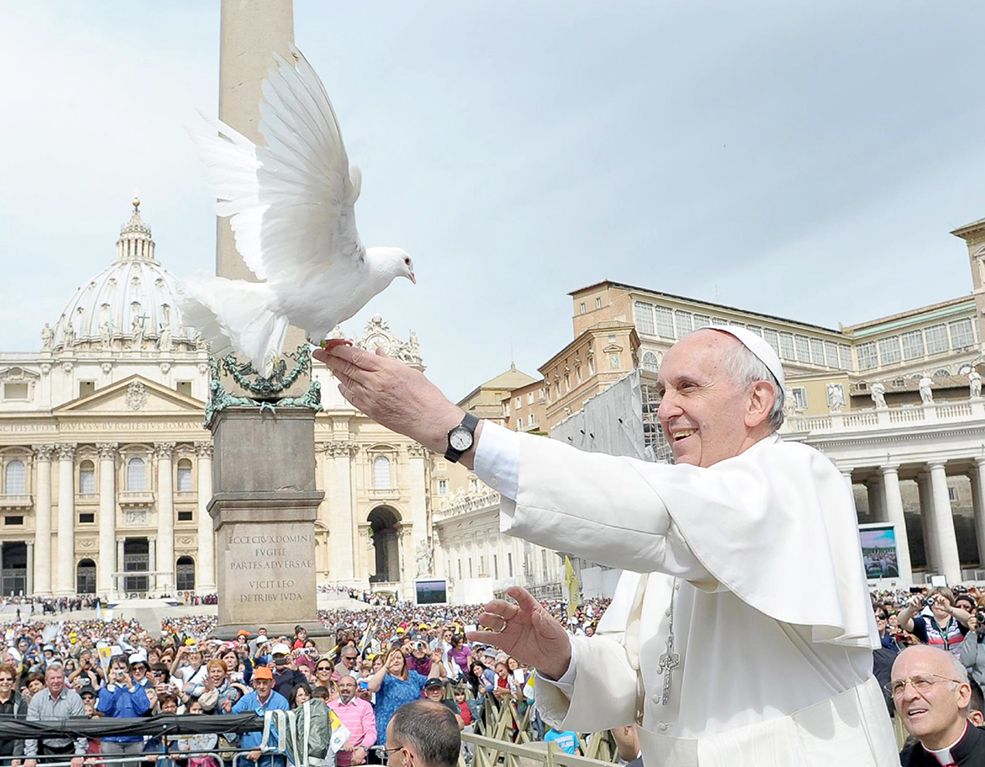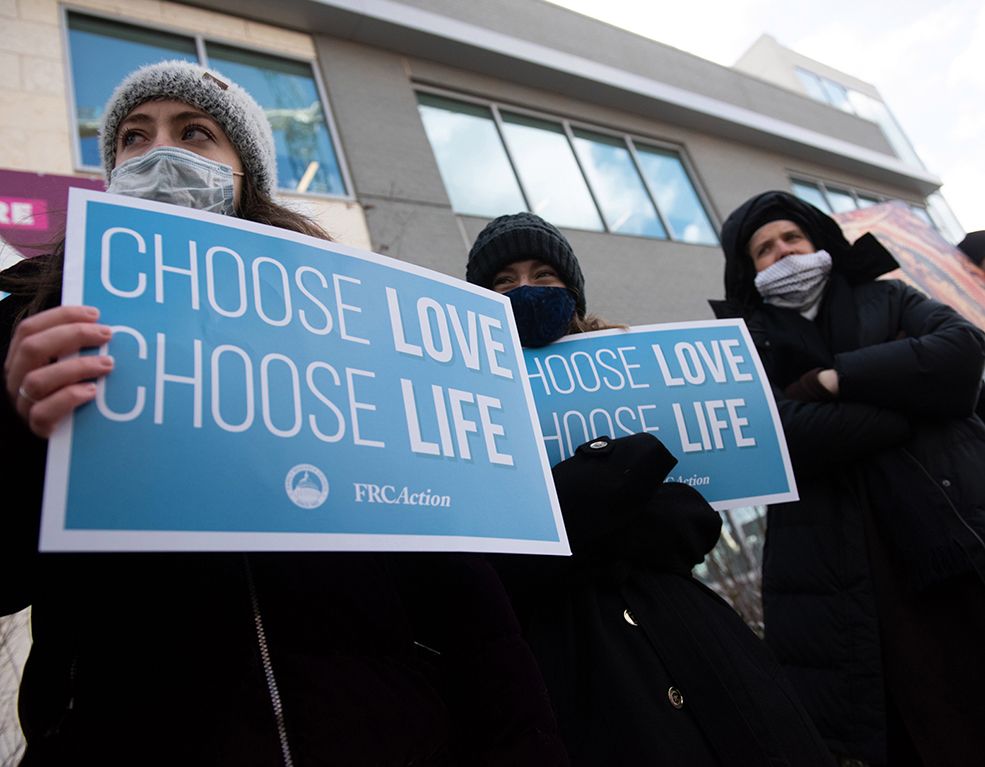In communion with Pope Francis, we continue analyzing the parable of the Good Samaritan. Besides what we have said about the behavior of this good man, we now specify some other aspects.
In his Gospel, Saint John states that “Jews do not associate with Samaritans” (John 4:10). This is the reason why when Jesus asked a Samaritan woman for a drink, she answered: “How is it that you, a Jew, ask me, a Samaritan, for something to drink?” (John 4:9).
The Samaritan in the parable made himself a neighbor to the wounded Jew. In n. 80 of Fratelli Tutti, Pope Francis says: “Jesus asks us not to decide who is close enough to be our neighbor, but rather that we ourselves become neighbors to all”.
Here are some details about the Good Samaritan: he embraced the suffering of the wounded man without any fear; he gave him his time without any rush; he brought him to an inn, spending money so that he could be taken good care of; and, as we read in n. 79, “he departed without expecting any recognition or gratitude.”
In a world where there is so much indifference and as Jesus asks us to nourish within ourselves a deep sense of fraternity, we should feel the need to imitate the Good Samaritan. Jesus gives us two reasons for doing that. The first one is the dignity that the triune God has given each person. The second is the presence of Jesus in each one of our brothers and sisters, even those one could consider the least of all. In the Gospel of Matthew, there is a clear cut statement which tells us that the way we treat Jesus is exactly the way we treat others (see Matthew, chapter 25).
In n. 76, Pope Francis says that there are times when we feel like the injured man. “We feel like him, badly hurt and left on the side of the road.” Actually, psychological and medical studies, together with our common life experience tell us that no one is in perfect health.
We Are All Sick
In varying measures, we are all sick. It may not be physical, but in the depth of our being. I stress this second aspect, because, whether we know it or not, we all have our own personal wounds. Some of them go back in time all the way to our infancy and perhaps more were added as life developed.
These wounds may have been caused by sins, failures, humiliations, or by insurmountable difficulties. We ask the Lord the grace to know our wounds and to allow ourselves to be healed by Him. We also want to ask the grace to be instruments of healing for others.
How are the wounds of life healed? Considering all that we have learned from Jesus, the Good Samaritan, and our reflections, the answer is clear and simple: by love and only by love. Among the graces I have experienced during my missionary life, I include the three months I spent as a priest in the national prisons of the Philippines. I came away with the conviction that if there is no love to transform a person, then nothing will, not even the death penalty. God acts always out of love and with love.
Primacy Of Love
Saint Paul had no doubt about the primacy of love: “Though I command languages both human and angelic-if I speak without love, I am no more than a gong booming or a cymbal clashing. And though I have the power of prophecy, to penetrate all mysteries and knowledge, and though I have all the faith necessary to move mountains, if I am without love, I am nothing. Though I should give away to the poor all that I possess and even give up my body to be burned–if I am without love, it will do me no good whatever” (I Corinthians 13:1-3).
I would say then that love is what heals wounds and regenerates life more than all the techniques at our disposal, more than all the medicines we may give or take, more than what we say or do. Love is what heals and gives power to life.
I conclude with an episode. In 1976, I happened to be in Kenya for the inauguration of a mission hospital that had been remodeled and expanded. After lunch, as we were relaxing under the shade of a mango tree, a doctor asked one of the elders: “Do you see any difference between the old days when there was no hospital here, and now?” The elderly man answered: “Yes, there is a difference. In the past, sick people died fast, now you doctors help them die slowly.” A wise observation! It is not the medicines that make the difference. It is love that is stronger than sickness and even death.




